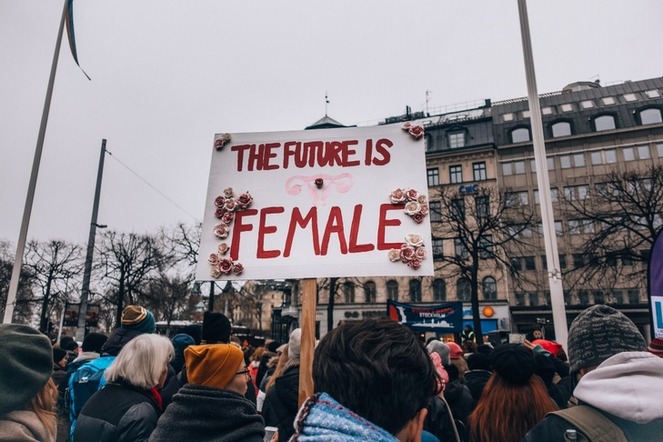×
The Standard e-Paper
Home To Bold Columnists

In the realm of those, who question the workings of systems' that shape how people behave and operate in a society, the topic of feminism and gender equality is never out of taste.
For most who look at the issue of feminism, it’s a battle of men on one side and women on the other.